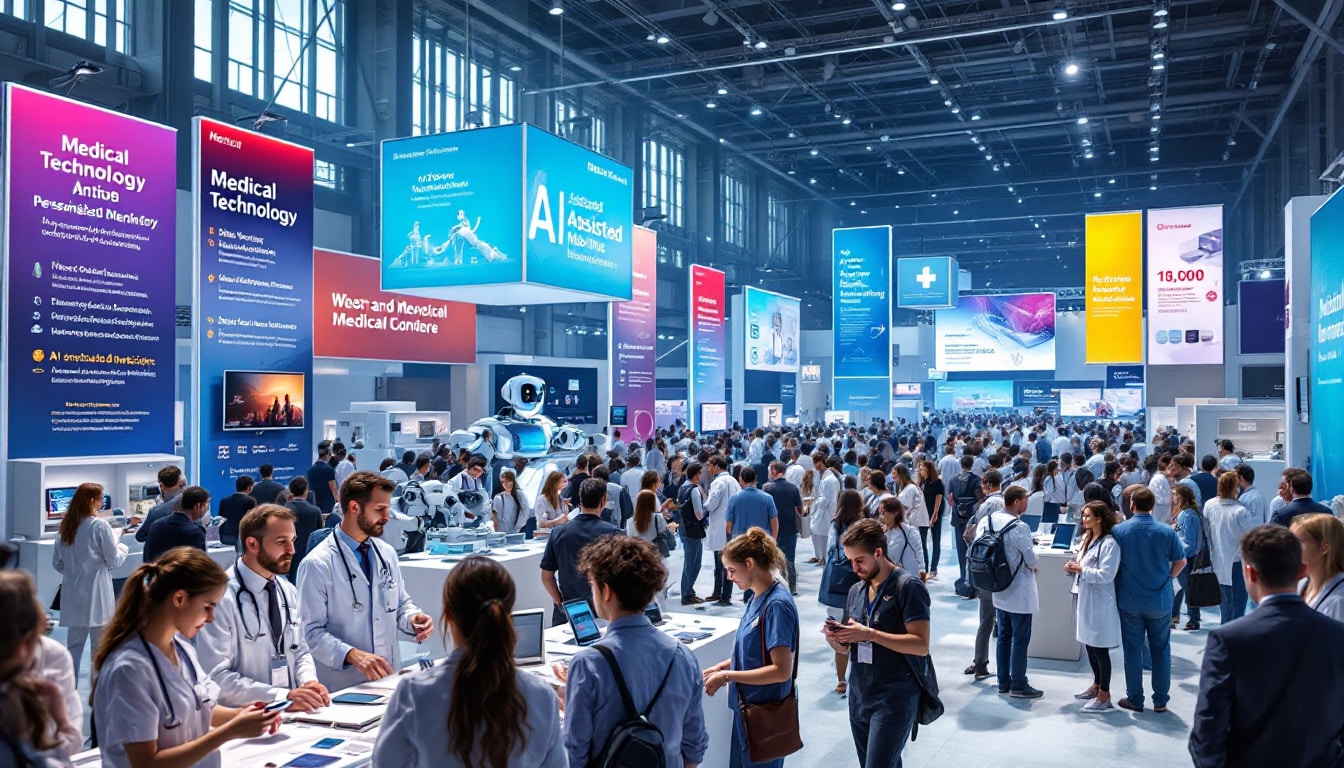The Medtech sector is at a strategic crossroads, where challenges related to tariffs and legal changes require market players an unprecedented ability to adapt. As globalization drives increasing complexity in international trade, companies are compelled to reassess their investments and develop innovative strategies. In this dynamic landscape, it becomes essential to anticipate regulatory changes while optimizing responses to economic fluctuations.

Strategies for the medtech sector in an international trade context
The medtech sector is facing unprecedented challenges related to tariffs and legal changes that influence international trade. The importance of adapting investments becomes essential. Additional costs can affect the price competitiveness of medical devices. As a result, companies must develop proactive strategies to navigate this complex landscape, including identifying reliable business partners and driving innovation.
Adapting approaches in the face of tariffs
Recent adjustments to tariffs in several regions have redefined how medtech companies structure their supply chains. A strategic approach could be the establishment of manufacturing centers in geographic areas offering tax advantages. Furthermore, leveraging local partnerships can help reduce import costs while complying with regulatory requirements. Integrating an effective tracking system is also crucial to adjust routing strategies in light of tariff fluctuations.
Responding to legal changes in the sector
Recent changes to regulations in the medtech sector pose new challenges for companies. Adopting practices that comply with new standards becomes a prerequisite for success. Investing in proactive compliance can enhance reputation and consumer trust. It is necessary to stay informed about regulatory changes and to engage specialists to help navigate these new requirements in order to optimize the innovation and market entry process.













